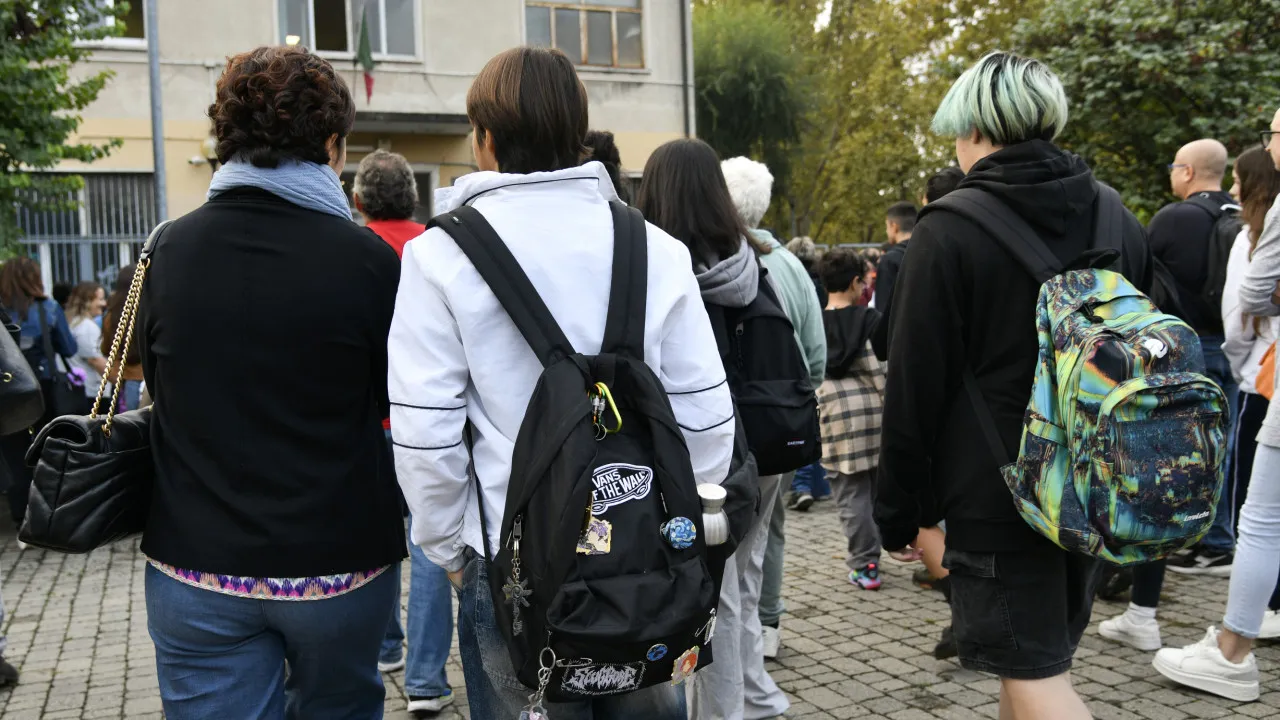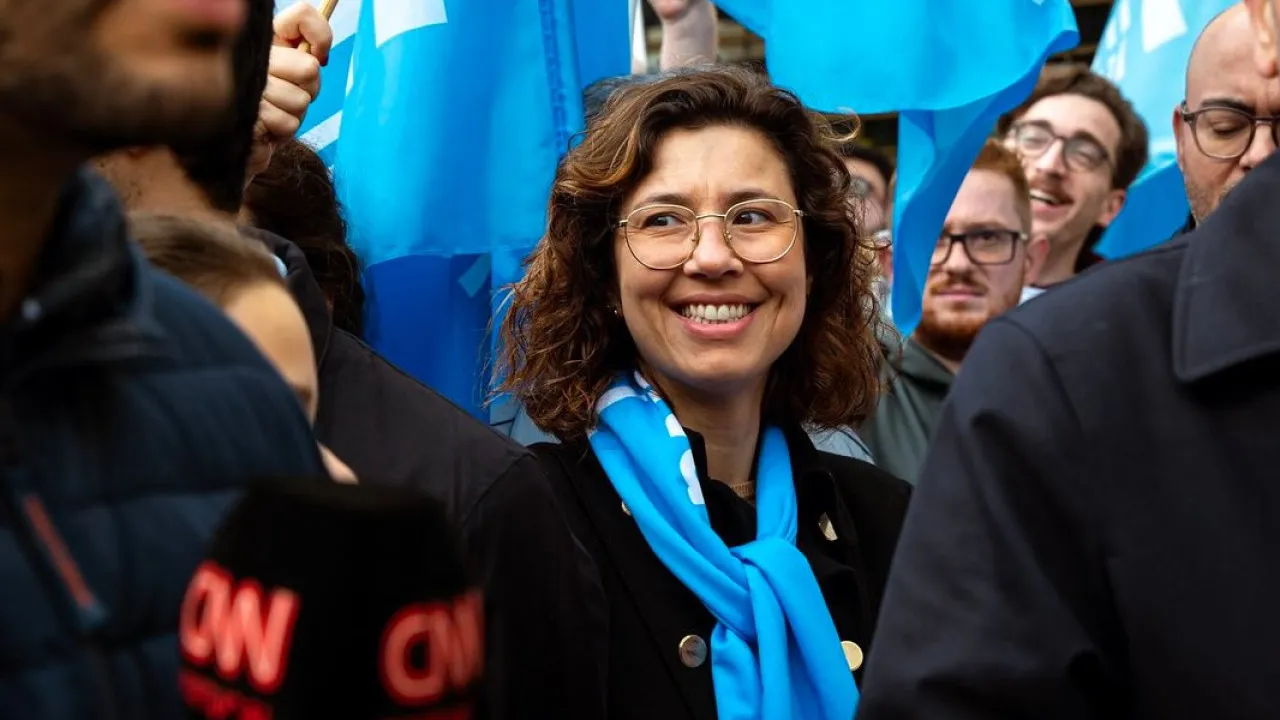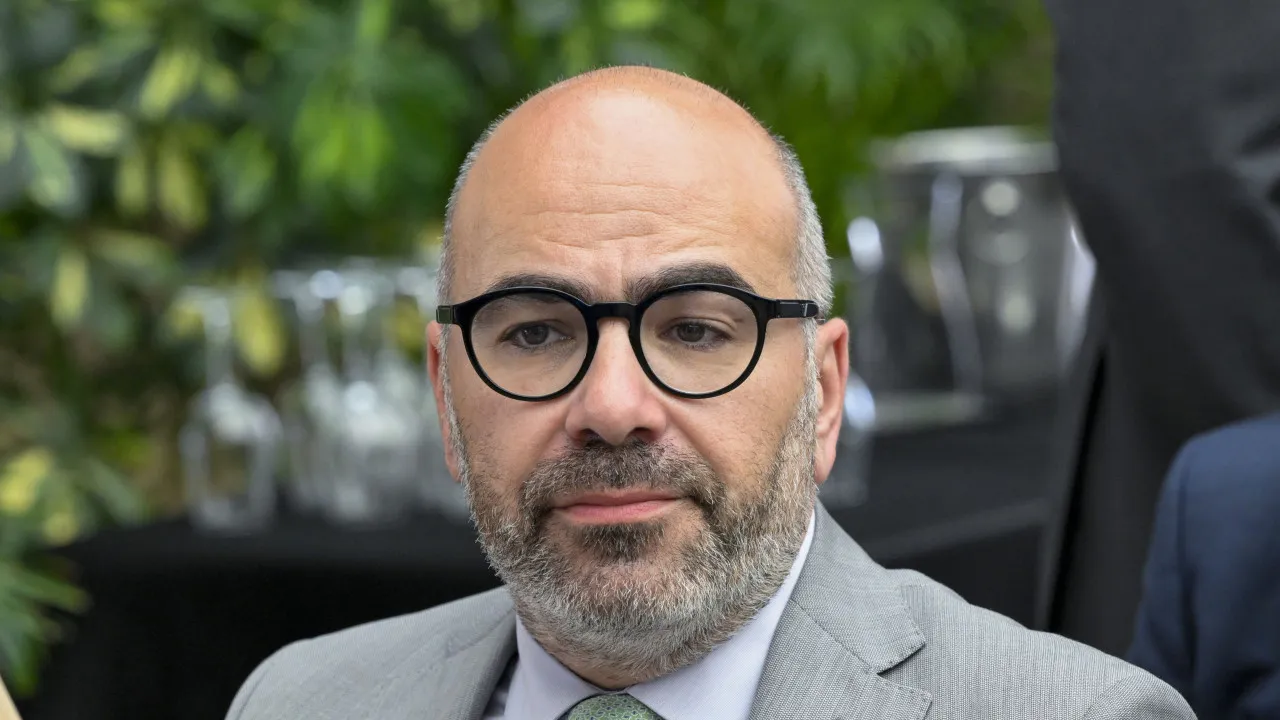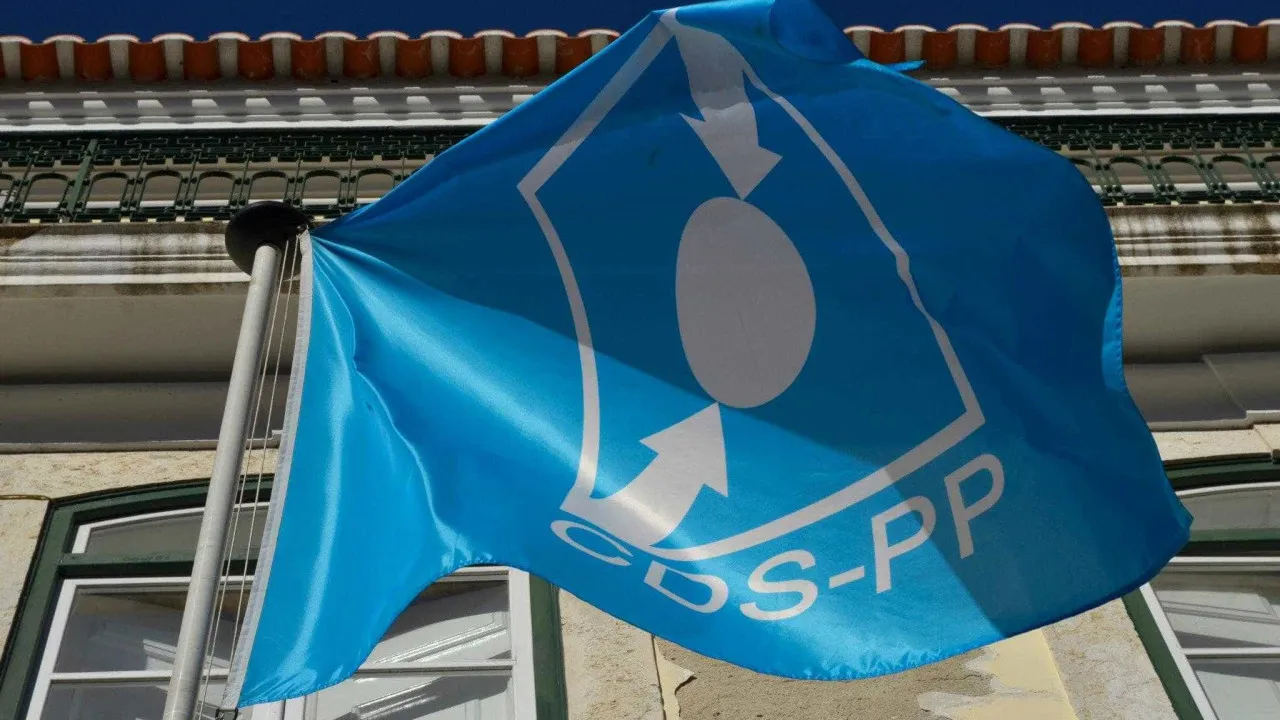
The new National Strategy for Citizenship Education (ENEC) was unveiled today, set to replace the previous strategy from 2017 and includes a new guide outlining essential learning for the discipline not present in the earlier version.
This initiative fulfills a government electoral promise and addresses criticisms from more conservative sectors that the Citizenship and Development discipline was overly centered on what they label as gender ideology.
“As a space for individual and collective development, the school is a privileged place for building a culture of active, democratic, and responsible citizenship, shared by all, promoting social cohesion”, the ENEC text states, open for public consultation until August 1.
“Portuguese society, within its national, European, and global context, faces numerous challenges requiring responses rooted in ethical values, knowledge of civic rules and democratic institutions, empathy, and social solidarity“, the document notes, highlighting that “Citizenship Education allows young people to develop dialogue skills, critical thinking, and awareness of their role”.
In mandatory and cross-cutting topics, the government’s proposal emphasizes human rights, democracy and political institutions, sustainable development, financial literacy, and entrepreneurship.
On a secondary level, it highlights health, risk and road safety, cultural pluralism and diversity, and media.
“In a global context witnessing increasing risks of social fragmentation, misinformation, and polarization, educating for citizenship equates to investing in social cohesion around common values of human rights, equality, and non-discrimination, which are the foundation of the Portuguese democratic rule of law and free societies“, it reads.
An analysis of the Government’s proposal and the current strategy concludes that the focus on sexuality or sexual orientation ceases to exist and is only addressed in the context of human rights violations.
Only in the essential learning guide for the third cycle and in the chapter on human rights are students called to “analyze historical and current cases of human rights violations (including, among others, human trafficking, sexual abuse, gender violence, and violence against people with non-normative sexual orientation and gender identity and expression)”.
It is also only in this phase, between the 7th and 9th grades, that the program includes “debating gender (in)equality in contexts such as education, work, and political offices”.
Regarding animal mistreatment, which is prominent in the current program, the government proposes it be addressed in the sustainable development chapter for 2nd cycle students, encouraging them to “reflect on situations where human action may compromise animal welfare”.
Interaction with other cultures remains a relevant point, with the current proposal using the term cultural diversity instead of interculturality found in the current program.
In the proposal, the Government advocates that primary school students be taught to “show openness and curiosity in knowing others” and “participate in initiatives celebrating and valuing their culture and other cultures, within the framework of the constitutional values of Portuguese society”, among other subjects.
The second and third cycle students are encouraged to value “cultural diversity in the school context”, debate “the relevance of protecting minority rights and their cultures”, and recognize the “challenges migrants face in the host society”.
Only at the secondary level will students be called to “critically reflect on the cultural consequences of current globalization processes (homogenization versus differentiation and fragmentation)”, “analyze different forms of discrimination, such as racism, xenophobia, anti-Gypsyism, Islamophobia, anti-Semitism, and misogyny” and “debate the role of intercultural dialogue and pluralism in the cohesion of culturally diverse societies”.
One of the innovations in the proposal is financial literacy and entrepreneurship, with younger students being asked to “understand the importance of savings and their objectives” or “differentiate between borrowing (from family, friends, or banks) and lending”.
Older students will develop personal, family, and “entrepreneurial project budgets, considering strategic partnerships and necessary resources”, as well as “validate innovative ideas that can generate value”.
The issue of ‘media’ also features prominently in the proposal under public discussion, aiming to “encourage children and young people to interpret information and use media, particularly in accessing and utilizing information and communication technologies, aiming at adopting attitudes and behaviors appropriate for a critical and safe use of digital technologies, information, and artificial intelligence-generated content”.
Older students are asked to come up with proposals to “transform and improve the online environment and well-being in digital interactions, as a means of preventing online risks (addiction, cyberbullying, hate speech, polarization, trolling, sexting, sextortion…)”.




